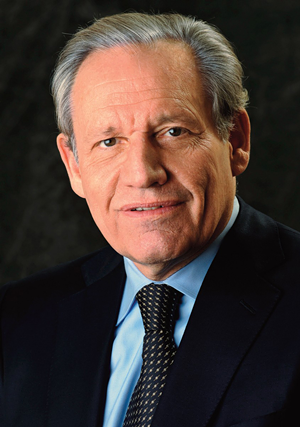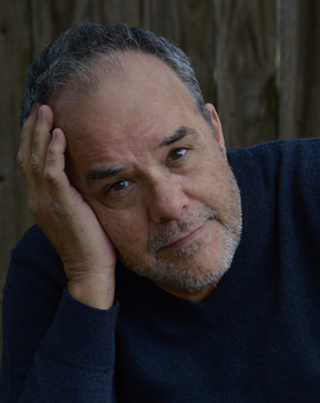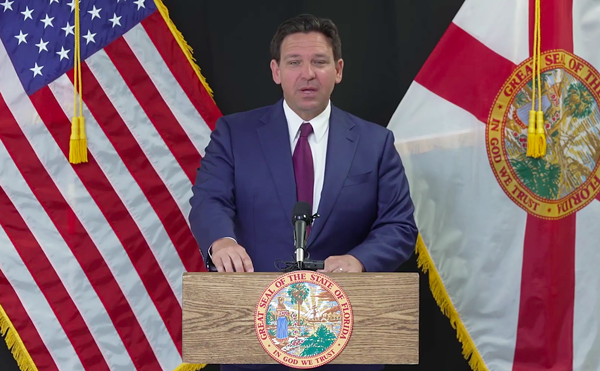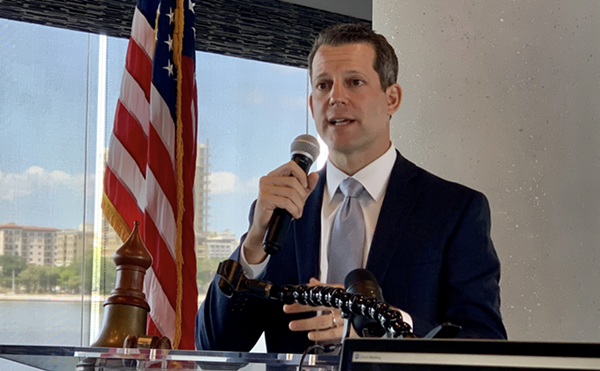The evening of Aug. 8, 1974 — a Thursday — President Richard Nixon went on television to announce his resignation. The whole world was watching.
In the offices of the Washington Post, reporters Bob Woodward and Carl Bernstein had the TV on, too. It was their work, their relentless digging into the Watergate burglary and subsequent high-level conspiracy, that had uncovered Nixon’s complicity and brought down his entire administration.
Woodward will never forget that night.
“Our boss, Ben Bradlee, was running around the newsroom saying ‘No gloating, no gloating.’ I remember going to the elevator to go down to get something to eat with Ben late that night. The elevator opens, and it’s Sargent Shriver, who had run as vice president with McGovern, against Nixon, in ’72. One of the nicest men.
“Door opens, and he says ‘Ben! Congratulations! I just had to come here this night and be with you!’ I thought Ben was going to have a heart attack. I thought he was gonna die. Because that’s the last thing he wanted, to celebrate. And to celebrate with the political opposition.”
More than 40 years later, Woodward is still at the Post, as an associate editor. At 74, he is still an investigative journalist.
“It’s a great job,” he says. “You get to make momentary entries into people’s lives when they’re interesting. And then get out when they cease to be interesting.”
Two Pulitzer Prizes and a half-dozen top journalism awards later, Woodward — the author or co-author of 18 books about presidents, politics and the sometimes-counterproductive way our government works — will speak at St. Petersburg’s Mahaffey Theatre Wednesday, Jan. 24.
And "No gloating" is still very much his mantra. For Bob Woodward, it’s all about the work.
You’ve always said that a reporter’s job is to find the truth, and report it as best they can. In the current climate, where the media is discredited every day, how can real journalists be heard and believed above the noise?
Yes, my approach is to be as factual as you can be. As empirical as you can be. And to get out of the political crossfire. I always say, and believe, I don’t have a political dog in the fight. I don’t believe journalists should. Who are straight reporters, not columnists or opinion writers. That requires a kind of emotional restraint that, obviously, people don’t have in many cases. It’s fueled by television. Recently I talked to an editor — not at the Post — who said many of his reporters have contracts with CNN, MSNBC or Fox News. So he will see them on television and they’ve pushed down on the gas pedal harder than they do in their stories. He also made the point that sometimes he hears his reporters on television and will say ‘Gee, why isn’t that in the newspaper?’
So it’s tricky, but it’s always been tricky. It is all amplified in the Trump era, and I think the way to deal with that is just to crank it back and avoid advocacy. It’s hard, though.
But how do you find the truth in this climate?
The remedy is, of course, time. To be able to really dig into something, and explore it, and talk to people. And in the internet era of impatience and speed, that’s really difficult. Old-timers, like myself, are more ‘Let’s find out what happened as best we can, and get in that neutral zone.’ But there aren’t a lot of people clambering to be there, just because a lot of print reporters get their salaries almost doubled by having cable news contracts.
What would it take to pry an opinion out of you?
Look, it’s hard to find out what really goes on. My guess is that the biggest problem is secret government — so much is hidden, and it dribbles out, and the efforts to conceal and not disclose are so… there’s almost a department of nondisclosure in the White House. In Republican and Democratic administrations.
A few months ago, you were asked about the similarities between the Nixon and Trump administrations, and you said "We’re not there yet." You said we were not yet "at Watergate level."
And I stick to that. There are parallels, but there aren’t parallels. One of the things I’m going to do when I’m down there (in St. Petersburg) is spend a little bit of time trying to describe what Watergate was. Watergate was a massive criminal conspiracy. I think 40 people went to jail, Nixon resigned. What’s unique about Watergate is it had two things: Closure — Nixon resigned — and clarity — those tapes, thousands of hours.
Do we have clarity about Trump, on things that are criminal? Absolutely not. Now, it may be, and I think it’s the job of reporters to dig passionately, fervently, into that. And present evidence. But there’s no clarity, and there certainly is no closure, though lots of people would like to see him out. Lots of people would like to see him in, for two terms. But where’s the patience pill? Not in the culture this moment. And I am carrying the patience pill, because I think we’ve got to look at these things in a very dispassionate way. What’s the evidence? There’s been a lot of great reporting, from my newspaper, the New York Times, the Wall Street Journal, and some of the networks like CNN and NBC.
You, Bernstein and the Post are in the history books for breaking the story that toppled a president. You’re kind of the poster boy for great journalism. Do people come up to you in airports and say "Thanks, Bob"? You’re a famous guy.
But you know, I’m not. Let me say, to dispute that, I’ve liked all of the stories I’ve worked on, and the books. Here’s an anecdote from my life which really drilled itself into my head: It was sometime after Nixon resigned, late ’74. I’m still on the Metro staff. Howard Symons, the managing editor at the Post, motioned me to come into his office. He sat me down and showed me an obituary for some reporter — I don’t remember the reporter’s name, but the essence was "So-and-so, who won the Pulitzer Prize in 1948, dies." Howard looked at me and he said "That’s you." I said "What do you mean?" He said "See that guy? He did something, and never was heard from again. That’s you." I was grimacing, and feeling like shit, and then he said "But I think you are learning this business. I think you really love it. You’re not gonna have a story like that ever again — but it’s the work that matters, and the mystery, the questions."
And then he said to me "Now get your ass out of here and get back to work."
So what was that message? Take your work seriously, enjoy it, but don’t take yourself seriously. In the end, it’s not what somebody says in the airport, or doesn’t say, but what you’re working on. Are you making progress? It’s not written on the wall in my office, but it’s in my head: Get your ass out of here and get back to work.


















